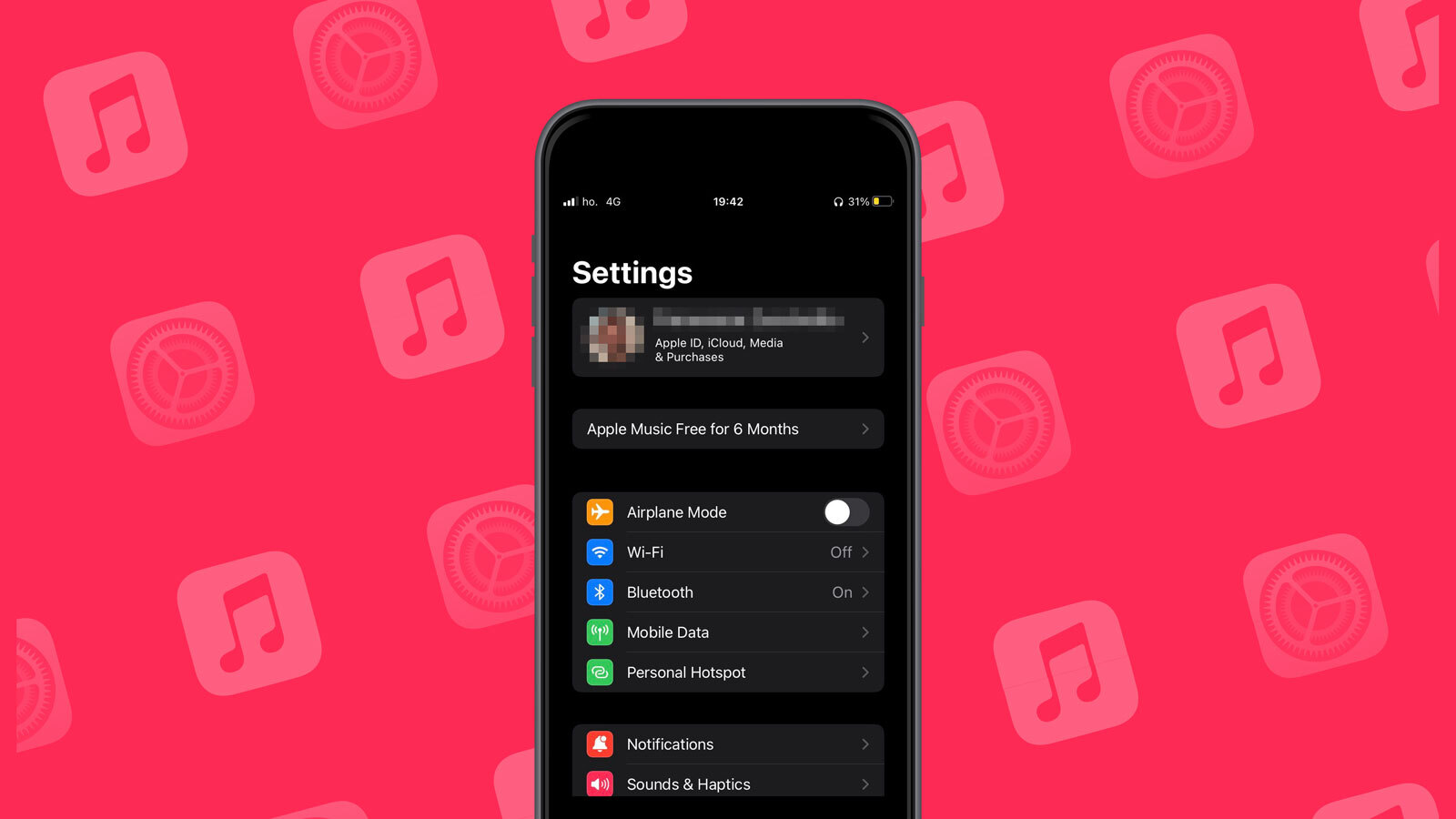Hello friends, and welcome back to Week in Review!
Last week, we talked about how YouTube has managed to skate along while Facebook has gotten pummeled over platform responsibility concerns. This week, we’re looking at another slippery slope Apple is dancing on the edge of.
If you’re reading this on the TechCrunch site, you can get this in your inbox from the newsletter page, and follow my tweets @lucasmtny

Image Credits: TechCrunch
the big thing
After first hitting that sweet trillion dollar valuation, then surpassing two trillion, Apple is likely well aware that it’s a long road ahead to becoming the first quadrillion dollar company and they’re going to have to make some controversial choices to get there. Jokes aside, Apple’s business is actually changing quite a bit as it reaches mega-scale and the company is flirting with growth tactics that could either be seen as bold and aggressive or as a little over the line.
As Apple’s diversifying business shifts from simply getting consumers to buy new iPhones towards getting them to buy Apple devices while locking them in to subscription software services on said devices, they’re starting to get a little pushier than they used to be.
This week, Epic Games CEO Tim Sweeney called out Apple for putting advertisements in its Settings app for its own services, launching a critique that Apple wasn’t playing by its own rules. His complaint was probably intended to be more focused on alleging Apple’s anti-competitiveness but my first takeaway after seeing an advertisement for an Apple Music free trial inside the Settings app, was “Damn, Apple isn’t that a little gauche?”
For a $2 trillion company, pushing consumers to buy something inside the section of the app they usually go to when they’re trying to fix something seems like a pretty embarrassing growth hack. Sure, it’s just one ad slot, one slip up, but the lack of spam and crapware has long been a hallmark of the Apple device ecosystem. Sure, over the years maybe you didn’t like having their standard calculator or stocks app pre-installed but it wasn’t anything too troubling, but as Apple starts pushing paid subscription after paid subscription with a varying array of services including Music, News+ tv+, Fitness+, Arcade, iCloud+ and others, one begins to wonder where this all leads.
Apple is starting to build more complex subscriber products as well that live outside of a single app; its iCloud+ service now blends backups with more sophisticated privacy features in Safari only available to paying customers. Varying levels of Apple One memberships bundle these services together at discounts that can be shared with family members. And sure, to Sweeney’s point, this is all going to be very frustrating for developers that are trying to compete with a product that has home court advantage in perpetuity, but it also leads to a less welcoming platform for consumers who simply want devices that bring them objectively to the broader web and all its stakeholders and services.
For a blanket disclaimer, I will say that Apple gets criticized so much over seemingly petty things because they generally have done a pretty solid job streamlining positive consumer experiences with their devices, and consumers have also grown accustomed to seeing other companies let these little things snowball into misplaced incentives that slowly erode a product. That’s why seeing a couple more promotional push notifications than normal or a seemingly misplaced ad or a few too many introductory offers when sparking up a new devices raises some red flags.
Apple turning into a services business is certainly no crime, but it’s important to realize that doing so likely requires a shift in what their relationship with consumers fundamentally looks like. We’re only starting to taste some of those changes today, but they may become much more visible down the road.

Image Credits: NurPhoto / Getty Images
other things
I’m going to play around with this section a bit over the next few weeks, so it’s fewer cold summaries and more context… let me know on Twitter if this is your jam or if you prefer more headlines and less bloviating :)
Twitch hack spells future trouble for game streaming kingpin
Amazon’s gaming-centric streaming service had a pretty bad week as hackers released a trove of source code and creator payout data. It’s a pretty huge competitive loss for Twitch and leaves Facebook Gaming and YouTube Gaming with a spreadsheet of data to poach exclusive streamers to their platform. It’s also probably demoralizing for the streamer base, with streamers now able to clock just how much more some of their competitors are hauling in from paid by the streaming giant.
Twitch’s outsized lead in the game streamer wars has been slowly shrinking largely as a result of efforts from YouTube and Facebook to attract viewers. Twitch is still the default many early career streamers choose though and YouTube and Facebook are miles behind in this department, their success has largely come from dumping money into paid partner programs to bring popular content creators on board, meaning that the data that just leaked is pretty priceless to them.
Facebook/Instagram/WhatsApp’s god-awful week
Facebook is having a pretty rough few weeks but this past one was just plain brutal. While the company was waging a PR war on a whistleblower, the service suffered its most brutal outage of likely the past decade, taking all of the company’s global services down and breaking its internal tools in the meantime. Everything was down for several hours, meaning plenty of confusion and frustration, particularly for user that rely on WhatsApp so heavily for their business or social life.
As I wrote last week, Facebook probably doesn’t deserve to be the only internet media platform getting universally dumped on, but even with so much public anger, I get the feeling that executives at the company can’t see past the fact that they feel they’re being treated unfairly and that they aren’t even trying to self-reflect. Facebook’s brand is in a pretty sustained state of decay at this point, but the idea that it might be spreading to its subsidiaries like Instagram should be a cause that leadership and shareholders realize is too critical to meaningfully ignore.
Paying real money for fake shares of real startups
I can’t say this is as impactful as the two bits above, but I’d be remiss not to rehash a saga I covered this week that really feels like it showcases where we’re at in this bull market. Visionrare, an NFT platform for “fantasy startup investing” was born earlier this week and I covered its launch with a good amount of skepticism. It essentially was a pitch to treat venture capital investing like fantasy sports and get people competing to build their own portfolio full of synthetic NFT shares of startups.
Plenty of investors and entrepreneurs chimed in after my launch post and detailed all of the ways it was likely going to get sued, and it seems the founders listened. Less than a day after going into public beta, they shut down the marketplace, promising an eventual return return with a free-to-play version. As full of funny money as the NFT market seems (and often is), plenty of top NFT project founders spend an awful long time hashing out mechanics with lawyers ahead of time so that they don’t get saddled with these hard choices after launch. Speaking of funny money, this piece of generative art sold for $6.9 million this week and this toad went for 420 ETH ($1.5 million), enjoy your weekend!

Image Credits: Bryce Durbin / TechCrunch
added things
Some of my favorite reads from our newly-renamed TechCrunch+ subscription service this week:
Global startups raised $158 billion in Q3
“…Since the back half of 2020 kicked off and the venture capital and startup worlds discovered that COVID and its related economic impacts were largely set to miss the upstart technology market, investors have been busy stuffing ever-larger amounts of cash into new companies around the world. The acceleration of capital deployment has generated more unicorns, more mega-rounds and simply more available dollars than ever before in the history of startups…”
Getting the details right in your pitch deck
“…every Disrupt, we host a session we call Pitch Deck Teardown. It’s a convivial workshop where founders in the audience send me their decks, and I walk through a curated set of them live in front of an exceptional VC panel, who critique the deck slide by slide. This year at TechCrunch Disrupt 2021, we were joined by Maren Bannon, co-founder and managing partner at January Ventures; Vanessa Larco, partner at NEA; and Ben Ling, founder and general partner of Bling Capital…“
Top VCs weigh in on how to raise your first dollars
“…Index Ventures partner Nina Achadijan started out by urging founders to first consider whether they actually really need to raise venture capital. ‘It’s a phenomenal time to be an early-stage entrepreneur. There’s more capital than ever before and there’s a willingness to accept technology from consumers and businesses,’ she said. ‘And quite frankly, there’s a lot of platform shifts that are very exciting for early-stage entrepreneurs. But the first thing you need to do is ask yourself: Do you really need to raise venture capital? There are so many incredible businesses that can be built that actually don’t need VC funding.'”
Thanks for reading, and again, if you’re reading this on the TechCrunch site, you can get this in your inbox from the newsletter page, and follow my tweets @lucasmtny
Lucas Matney
Technology - Latest - Google News
October 11, 2021 at 02:01AM
https://ift.tt/3FA21Mo
The growing pains of Apple’s subscription addiction - TechCrunch
Technology - Latest - Google News
https://ift.tt/2AaD5dD
Shoes Man Tutorial
Pos News Update
Meme Update
Korean Entertainment News
Japan News Update
Bagikan Berita Ini














0 Response to "The growing pains of Apple’s subscription addiction - TechCrunch"
Post a Comment